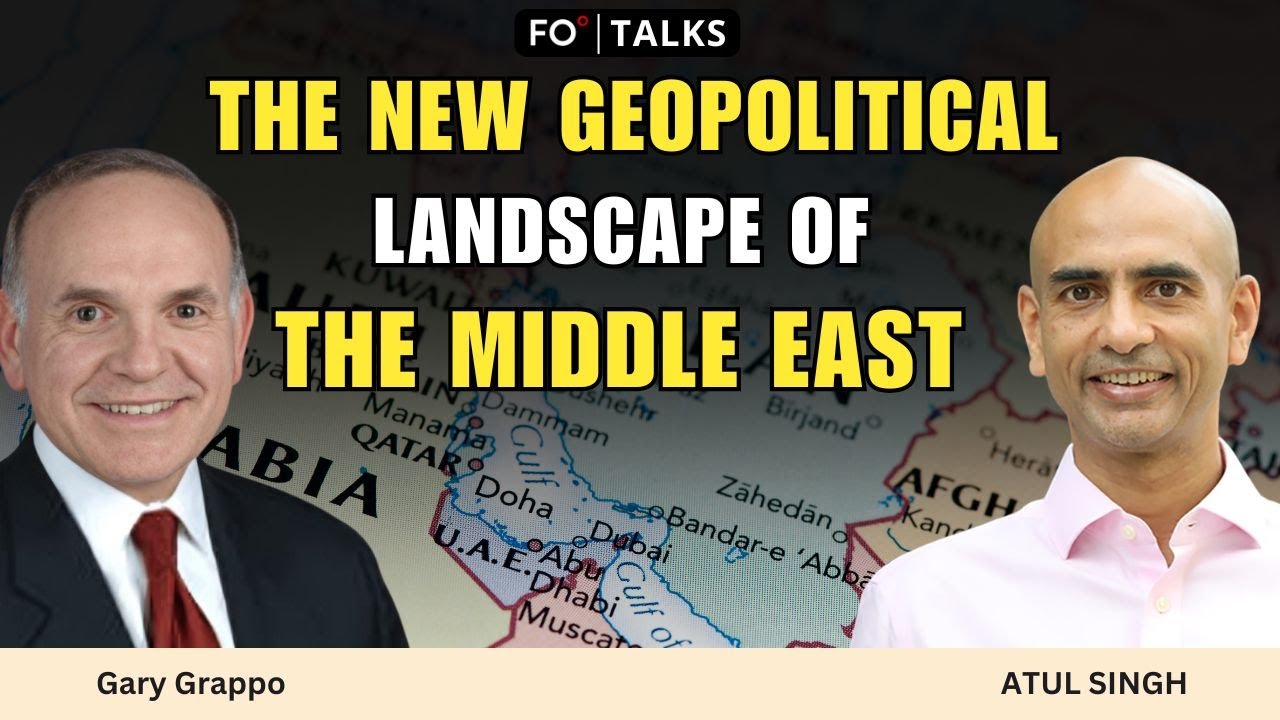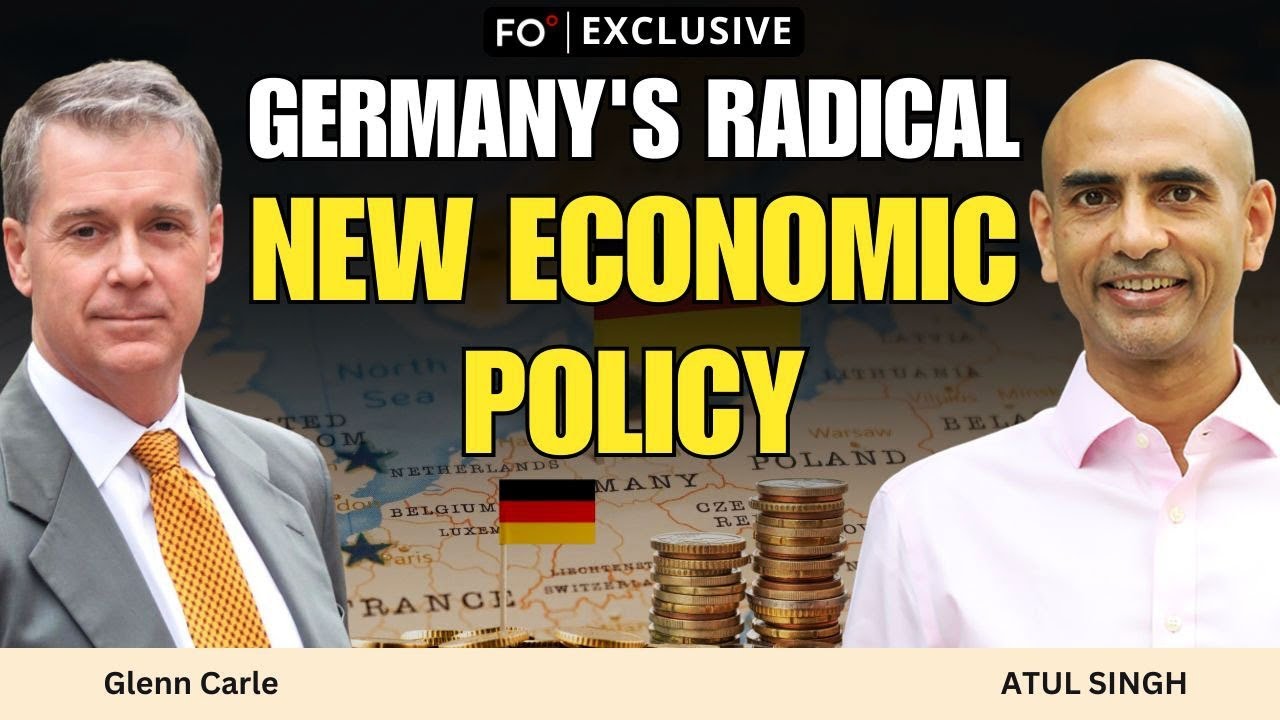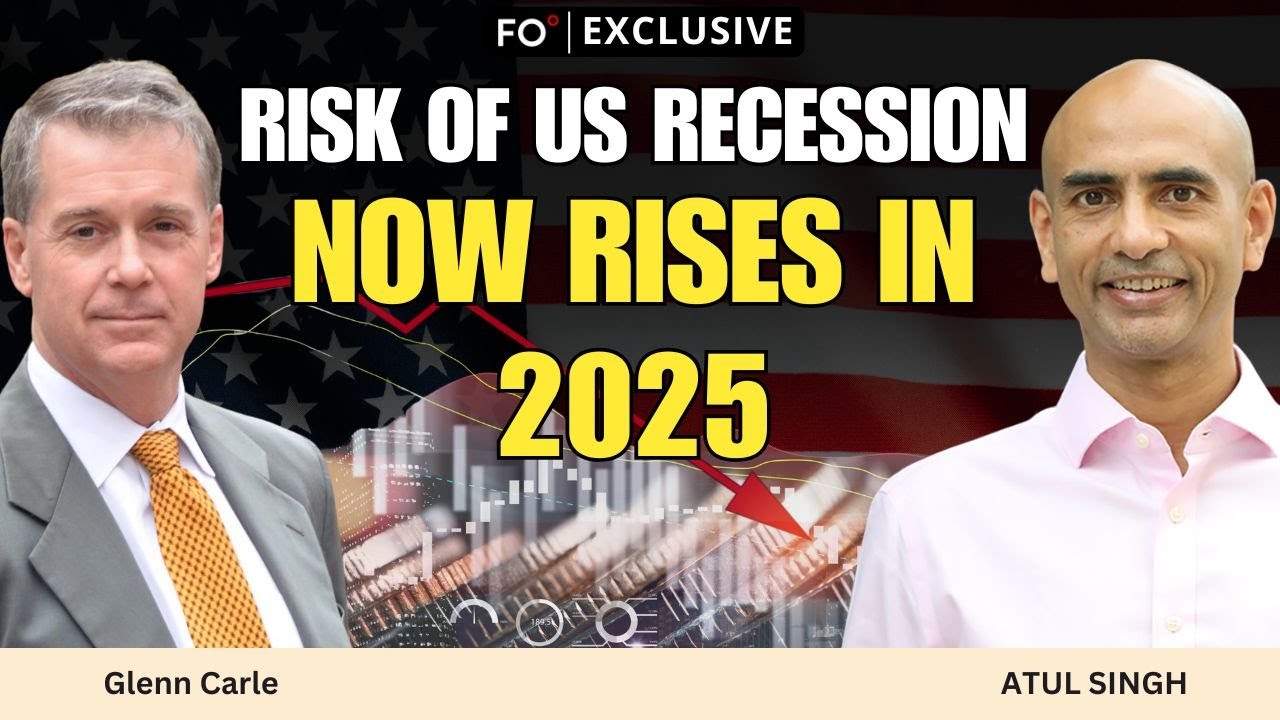What is going on in central Europe? The region has seen a rise in populist, nationalist political parties that seemingly stand against the values of the EU. Member states like Hungary are even backsliding on democracy. Hungary has blocked some financial aid from entering Ukraine as it enters its third year of war with Russia.
Once upon a time in 1956, Russian tanks rolled into Budapest to squash an anti-Soviet rebellion. Yet Hungarian Prime Minister Viktor Orbán is now one of Russia’s only supporters within the EU. An opportunist, he intends to profit from the conflict.
Orbán has cooked up a new kind of authoritarianism and fascism, transforming Hungary into an illiberal state. Until 2020, no state had fallen from the democratic values necessary to be a member of the EU. Hungary is the first to break that norm. If the EU does not take steps to reform and discourage democratic backsliding, it may see a resurgence of politics that belong 100 years in the past.
Reformation is a necessity
The essence of EU integration is to overcome nationalist sentiment and dismantle barriers. Yet countries like Hungary are still a contributing part of the EU, and countries like Serbia are already in the queue to join. Serbia is a highly significant nation in the Balkans, but, like Hungary, it is regressing. The EU needs to respond by reforming its institutions so that a few bad apples do not spoil the bunch.
We can take an example from the history of the EU. Back in 2005, voters in France and the Netherlands rejected the proposed European Constitution. The constitution would have replaced the requirement for unanimity with a qualified majority process in many policy areas.
After some time of reflection, European leaders then introduced the Treaty of Lisbon. This treaty was less ambitious, dropping the project of establishing a new constitution for Europe and instead amending the pre-existing treaties. Still, it succeeded in introducing qualified majority voting in many areas. In order to pass a measure in these areas, a 55% majority of the member states representing at least 65% majority of the population of the union is needed, rather than a unanimous agreement of member states.
In 2005, European leaders listened to the concerns of citizens and sought ways to make the union work for them. That same response is needed now. In fact, it was needed as soon as Brexit happened in 2016. Clearly, the current EU framework is not supporting the needs of the member states.
A new EU reformation would bring enlargement of the union and a firmer foreign policy. It would also would reduce the ability for countries like Hungary to veto decisions.
Wrinkles within reformation
Many opponents of EU enlargement consider the union to be too large already. However, qualified majority makes it less problematic to bring in new members, as a single state could not veto European decisions in the relevant areas.
The EU is occupied, not merely with expansion, but with securing democracy in regions such as the Balkans which still follow WWII-era nationalism.
Opponents citing possible fiscal problems follow the same line of thinking. They argue that bringing the Euro to new member states with lower GDP than others would cause major fiscal tensions. The EU, however, does not immediately introduce the Euro to new member states. There are established criteria that need to be reached. Expanding the Eurozone can wait; what is more important is supporting democracy by expanding the union.
Still, the EU does eventually need to expand fiscally. This brings with it the risk of centralizing too much decision-making power in Brussels, disconnected from the voters in member states. How will the union keep the administration in Brussels democratically accountable?
There already is a body for holding executives accountable for every penny spent — the European Parliament. It is directly elected by European citizens. Yet citizens seem not to realize that this system of checks and balances is in place. Why? They don’t care about the parliamentary elections.
The problem doesn’t lie in disengagement or pure disinterest. The problem is that, currently, EU elections are flawed. At the time of voting, most countries are unaware of the number of seats they will receive in parliament. Therefore, the party already in power is the only candidate to vote for.
Voting reformation is absolutely necessary to keep member states working together to dismantle nationalism. Reformed European elections would involve not only methods ways of voting, but also transnational voting. Importance cannot be given to singular nations; voting reformation must stress the importance of supranationality with regional rather than national actors. Putting emphasis on regional actors and dismantling the idea of a nation-state is crucial in battling nationalism.
With multilateralism on the rise, nation-states alone cannot play a decisive role in the world. Only on a supranational, regional level can multi-level governance have an impact. Despite the nation being the bedrock of personal identity for individuals for centuries, nation as identity is no longer responsive to the needs of people or the world in this modern age.
Inactiveness and willingness to ignore integration cements populist views. Regional cooperation above strict-bordered nation-states is the answer to democratic regression. If we become tolerant of the intolerant, we will lose democracy.
[The Institute for the Danube Region and Central Europe is a partner of Fair Observer.]
[Cheyenne Torres wrote the first draft of this piece.]
The views expressed in this article/video are the author’s own and do not necessarily reflect Fair Observer’s editorial policy.



































Comment